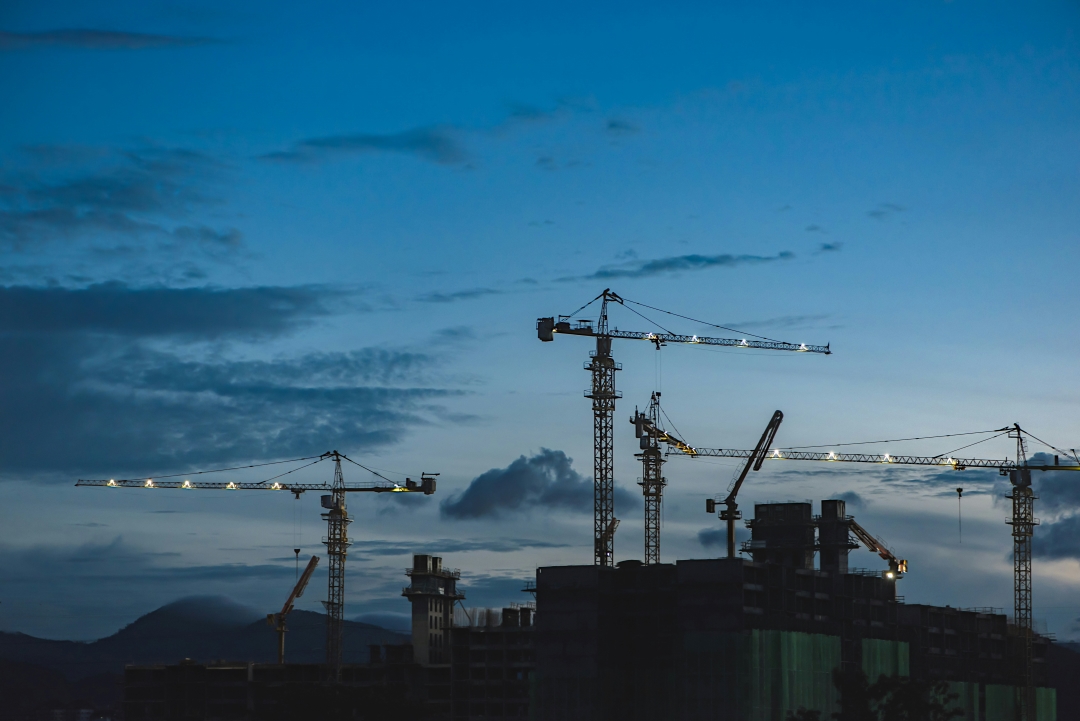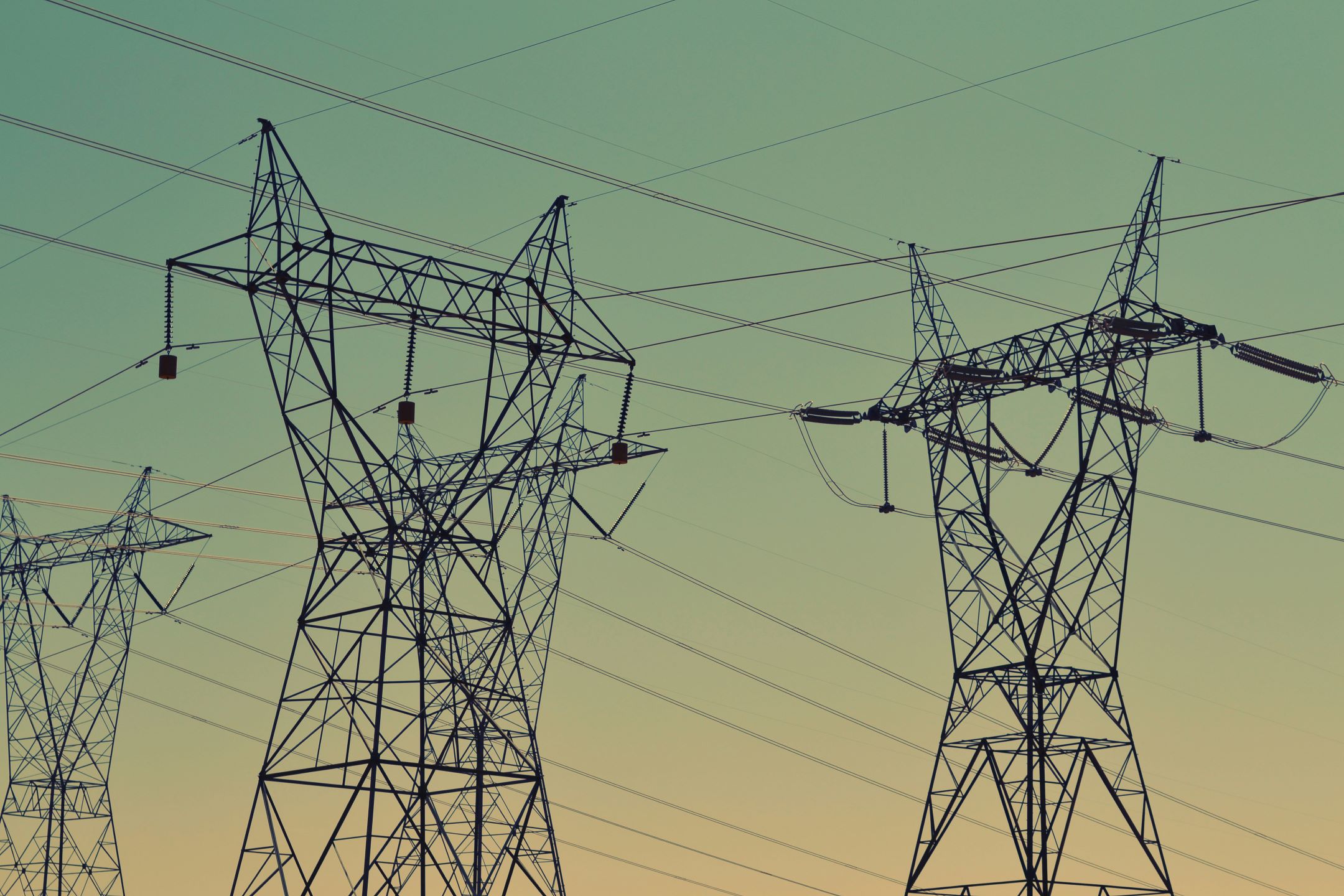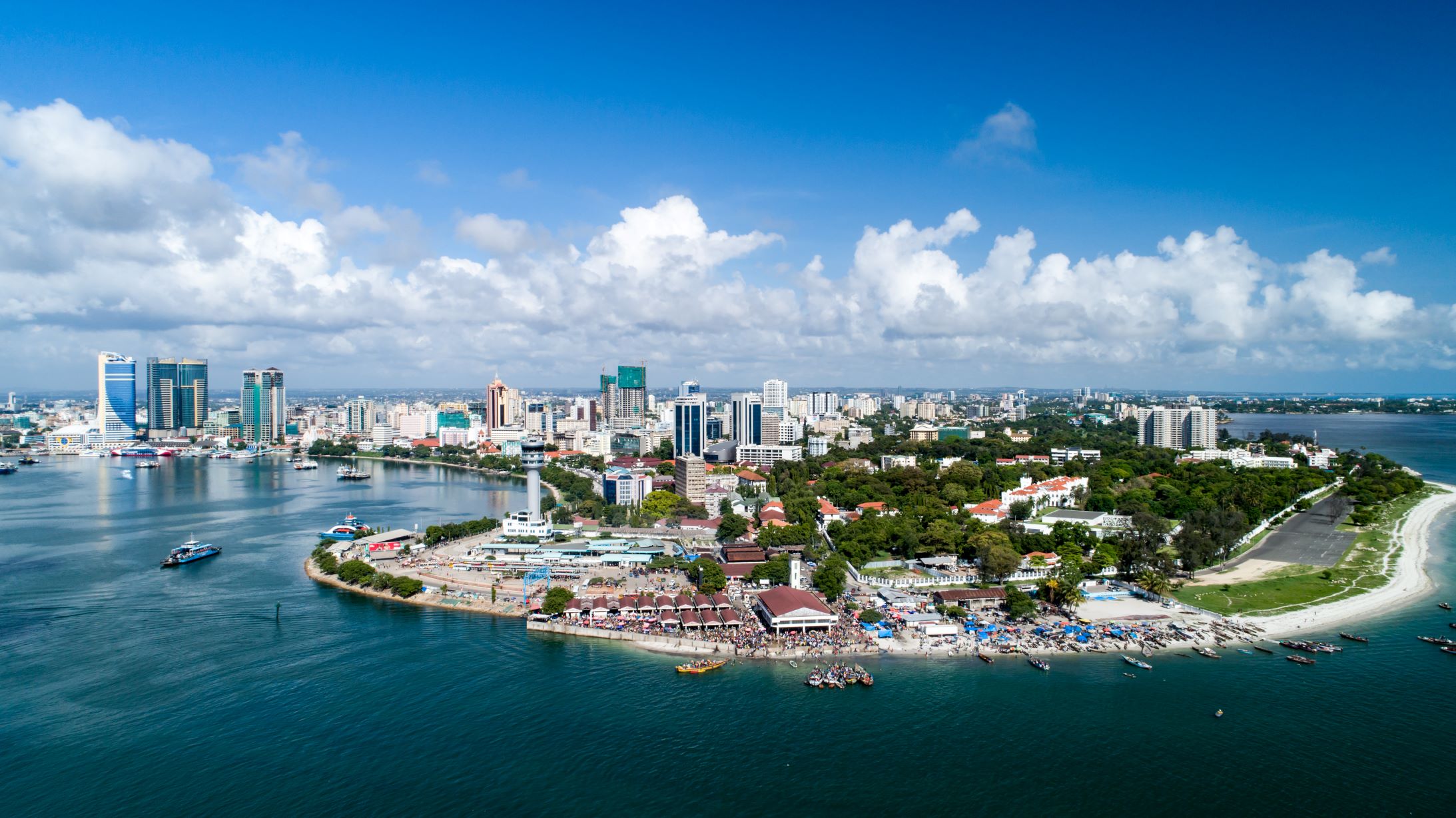Africa
AfCFTA Secretariat and Afreximbank Sign AfCFTA Adjustment Fund Host Country Agreement with Rwanda
The AfCFTA Secretariat and the African Export-Import Bank (Afreximbank), recently in Kigali, Rwanda, signed the Host Country Agreement for the African Continental Free Trade Area (AfCFTA) Adjustment Fund with Rwanda. The agreement was signed by Wamkele Mene, secretary-general of the AfCFTA Secretariat; Mrs Kanayo Awani, executive vice president, Intra-African Trade Bank at Afreximbank; and Dr Vincent Biruta, Minister of Foreign Affairs and International Cooperation of Rwanda. paving the way for the operationalisation of the AfCFTA Adjustment Fund. The USD 10 billion fund, headquartered in Kigali, Rwanda, is a critical instrument in realising the AfCFTA. It will help countries to implement agreed protocols and support African companies to retool for effective participation in the new trading regime. The AfCFTA Adjustment Fund will support AfCFTA state parties to adjust smoothly to the new liberalised and integrated trading environment established under the AfCFTA Agreement by mitigating the potential adverse impacts of AfCFTA-induced tariff revenue losses.
Source: Afreximbank
Africa
Major Green Hydrogen Projects Underway in Africa in 2023
Africa is well equipped to develop large-scale green hydrogen projects owing to the continent’s significant renewable energy potential and high quantity of platinum group metals (PGM) – South Africa alone holds approximately 90% of the world’s PGM reserves. According to global market intelligence firm, Rystad Energy, eager to leverage this potential, an electrolyser pipeline of 114 gigawatts (GW) has been announced for the continent, 61% of which (70 GW) is earmarked for the sub-Saharan African region. Mauritania has emerged as a highly attractive green hydrogen market owing to existing infrastructure, such as the deepwater port of Nouadhibou and its location in European markets. Namibia is well on its way to becoming a green hydrogen economy, largely due to major developments taking off. Like Namibia, South Africa is well positioned to become a green hydrogen economy, with a series of projects already underway. Egypt currently has twenty one green energy projects in the pipeline, eager to leverage its strategic position at the crossroads of Africa, Europe and Asia to become a global energy hub. Morocco has a series of large-scale green hydrogen developments on the agenda in close collaboration with international companies. Djibouti has also entered the green hydrogen race with plans underway to construct a 10 GW green hydrogen hub by CWP Global.
Source: Energy Capital & Power
Africa
Africa Receives USD 7 Billion Boost to Promote Climate Resilience and Mitigation
United States Vice President Kamala Harris announced USD 7 billion in private and government financing across 27 programmes to promote climate resilience and mitigation across Africa. The announcement was made in Zambia as part of Harris’ week-long Africa tour to strengthen US-Africa relations, particularly across the climate, energy transition and financing sectors. The funding aims to improve access to climate information services and enhance resilience and adaption while advancing the continent’s energy transition by providing capital and knowledge sharing. In addition to energy-related goals, the funding is aimed at strengthening Africa’s ability to address key challenges associated with climate change, including food security, by promoting climate-smart agriculture. On the energy front, the private sector commitments aim to spur sustainability, clean energy development and the advancement of clean transportation.
Source: Energy Capital & Power
East / Southern Africa
COMESA-EAC-SADC Tripartite Ministers Adopt Legal Instruments for TFTA
The Council of Ministers of the Common Market for Eastern and Southern Africa (COMESA), East African Community (EAC) and the Southern African Development Community (SADC) have adopted legal instruments to implement the Tripartite Free Trade Agreement (TFTA) once it enters into force. In its fifth meeting conducted virtually, the ministers adopted the instruments relating to trade and customs, namely the tripartite agreement on the movement of persons, annexes on the elimination of import duties, trade remedies, rules of origin, dispute settlement mechanism and the TFTA protocol on competition policy. Further, the council adopted the guidelines, manuals and working procedures developed on rules of origin and technical trade barriers, which comprise sanitary and phytosanitary matters and non-tariff barriers. The other set of instruments adopted by the council relates to road transport. They include the Vehicle Load Management Agreement, Multilateral Cross Border Road Transport Agreement, Vehicle Load Management Model Law, Cross Border Road Transport Model Law, Road Traffic Model Law, Road Traffic and Transport Transgression Model Law, and Transportation of Dangerous Goods by Road Model Law.
Source: COMESA
Kenya
Kenya and the World Bank Group Partner to Boost the Digital Economy
The World Bank Group Board of Directors approved USD 390 million in financing for the first phase of a programme to expand access to high-speed internet, improve the quality and delivery of education and selected government services, and build skills for the regional digital economy. The Kenya Digital Economy Acceleration Project will use a multi-phase programmatic approach (MPA) with two phases. Phase one will run from 2023-2028, focusing on expanding access to high-speed internet, improving the quality and delivery of education and selected government services, and building skills for the regional digital economy. Phase two will run from 2026-2030, concentrating on building a data-driven and secure environment for enhanced digital service delivery and innovation for the regional digital economy. The project will also mobilise an estimated USD 100 million in private capital by crowding in the private sector for broadband infrastructure development.
Source: World Bank
Morocco
Morocco is Home to Africa’s Fifth Largest Private Wealth
Morocco ranks fifth in Africa on a list of countries with the largest volume of private wealth, according to a report from consultancy firm Henley & Partners (H&P). South Africa, Egypt, Nigeria, and Kenya ranked ahead of Morocco in the top four. According to the publication, Morocco is currently home to 5,800 millionaires and 28 centi-millionaires – individuals with a net worth of USD 100 million or more. Additionally, the country is home to four billionaires. H&P data further shows that the number of wealthy individuals in Morocco grew at an impressive rate of 28% rate in the decade between 2012 and 2022. The report further reveals a high concentration of wealth in a handful of countries. Morocco, South Africa, Egypt, Nigeria, and Kenya currently hold over 50% of private wealth in Africa. The overall volume of private wealth in Africa is USD 2.4 trillion, with five cities on the continent accounting for over 50% of the wealth. The cities are Johannesburg, Cairo, Cape Town, Lagos, and Nairobi, holding 56% of the continent’s high-net-worth individuals. While no Moroccan city featured on the list of the top five wealthiest cities in Africa, Marrakech appeared on the list alongside Dubai and Kigali as emerging cities in the Middle East and Africa for the ultra-wealthy. H&P maintains that Marrakech experienced a “strong wealth growth” over the decade, separating 2012 and 2022. Marrakech is becoming “an increasingly popular retirement hotspot for Moroccan and European high-net-worth individuals. Marrakech is also home to flourishing luxury real estate and hotel sectors,” the consultancy wrote.
Source: Morocco World News
Tanzania / Burundi
East Africa’s Cross-Border Electric Trains Set to Speed Up Intra-African Trade
Tanzania and Burundi have floated a tender for designing and constructing an electrified railway that will initially connect the two countries and pass through the Democratic Republic of the Congo (DRC) as the countries look to tap the African Continental Free Trade Area (AfCFTA) and create the continent’s second multinational electrified railway. About 282 km of an electrified Standard Gauge Railway (SGR) line will be built from Uvinza in Tanzania (off the Tabora – Kigoma SGR line), across the international border along the Malagarasi river to Musongati and onwards to Gitega, both in Burundi. “The two Governments of Tanzania and Burundi have entered into a bilateral agreement to implement this multinational project as a single project within Tanzania and Burundi territories,” according to the tender document. The project will be implemented for a period of five years. Upon completion, it is set to become Africa’s second cross-border electrified rail after Ethiopia and Djibouti launched the continent’s first fully electric multinational railway line in 2016.
Source: The Independent
Zimbabwe
1,000 MW Floating Solar Plant on the Cards for Zimbabwe
Renewables firm China Energy Engineering Corp (China Energy) has submitted a proposal to Zimbabwe’s state utility, Zimbabwe Power Company, as well as a private consortium to construct a 1,000 megawatt (MW) floating solar facility on the Kariba Dam – the biggest man-made dam in the world by volume. According to a document recently released by the company, “The work scope of the project includes the design, procurement, construction and commissioning of a 1,000 MW AC floating solar farm and 330 (kilovolt) kV/ 33 kV booster station.” At approximately USD 1 billion, the proposed facility would cover an area of over 2 500 hectares, making it the largest of its kind on the continent and one of the biggest worldwide. About 1.8 million solar panels will be installed at USD 987 million, with construction set to take place over several phases, creating thousands of direct and indirect jobs. The project will take three years to complete, upon which it is expected to generate clean electricity for over two million households in the country, significantly improving access to clean and affordable energy. The project forms part of the government’s plans to bring 1,100 MW of solar projects online by 2025.
Source: Energy Capital & Power
Reports
World Bank | Africa’s Resource Future: Harnessing Natural Resources for Economic Transformation during the Low-Carbon Transition
This book examines the role of natural resource wealth in driving Africa’s economic transformation and the implications of the low-carbon transition for resource-rich economies. Resource wealth remains central to most Sub-Saharan African economies, and significant untapped potential exists. Subsoil assets are key sources of government revenues, export earnings, and development potential in most countries in the African region. Despite large reserves, success in converting subsoil wealth into aboveground sustainable prosperity has been limited. Finding ways to more effectively harness natural resource wealth to drive economic transformation will be central to Africa’s economic future. Recent estimates suggest that 80 percent of the world’s proven fossil fuel reserves must remain underground to meet the Paris targets, and much of these stranded reserves may be in Africa. This issue of stranded assets and, relatedly, “stranded nations” has major implications for the many African economies dependent on petroleum extraction and export. On the other hand, the energy transition will increase demand for raw material inputs involved in clean energy technologies.
Click here to download and read the full report.
The Africa Private Capital Association | Towards a Prosperous Africa
Over the past two years, the world has been confronted with not only recovering from a global pandemic but also economic and political disruptions, which impacted global investors, the businesses they support, and the societies and economies that depend on them. Despite these headwinds, Africa’s private capital industry has remained resilient and experienced pockets of growth. 2021 was a record-breaking year for early-stage deal activity, which continued into the first half of 2022. Despite the accomplishments AVCA has celebrated as an industry, the continent’s private capital ecosystem continues to navigate its own complex challenges, which is unsurprising for a nascent but growing industry. From fund consolidation, currency volatility, fundraising challenges, and capital controls, the perceived risks of investing in Africa increasingly seem to be at the forefront of stakeholders’ considerations. AVCA’s mission as the pan-African industry body is to champion private investment in Africa, and to deliver on this mandate, it is vital for the Association to be adaptable. This Annual Review summarises milestones and new initiatives that AVCA has delivered over the past two years, underpinned by a commitment to digital transformation, innovation and strategic collaboration.
Click here to download and read the full report.
World Bank | Financing Energy Transitions in the Power Sector
The Scaling Up to Phase Down approach is a contribution by the World Bank to the ongoing debate on how to accelerate the energy transition in low- and middle-income countries (LICs and MICs)—as called for by the 2015 Paris Agreement on climate change—while simultaneously widening access to the reliable and affordable energy that underpins countries’ development goals. The approach is intended to bridge the challenges facing World Bank clients seeking to transition their power sectors and the development partners supporting their efforts. The energy transition is the process of shifting the global energy system away from the consumption of fossil fuels and toward low-carbon technologies in order to support international goals of limiting climate change. In the next decade, much of this transition will first occur in the power sector because solutions using newer technologies have the potential to become cost-competitive with appropriate interventions and because the power sector is a powerful pathway for decarbonising other sectors—most notably transport, buildings, and industry. The power sector transition will advance energy efficiency and decarbonise the energy supply by expanding renewable energy and strengthening electricity networks in order to integrate renewable energy, demand-side management, and end-use electrification.
Click here to download and read the full report.
Africa Development Bank Group | Climate Change and Green Growth Strategic Framework
Climate change threatens sustainable development in Africa, particularly among poor and highly vulnerable countries which have contributed the least to greenhouse gas emissions. The African Development Bank Group (hereafter the “Bank” or “AfDB”) has had a long-standing commitment to action on climate change and green growth to ensure that development across the continent brings about growth that is not only economically empowering but also decarbonised, climate-friendly, environmentally sustainable, and socially inclusive. As a manifestation of this commitment, the Bank has developed its first-ever Climate Change and Green Growth Strategic Framework – comprising of a policy (open-ended, with no pre-determined terminal date), a strategy that covers 2021–2030, and this action plan for the period 2021–2025. The framework builds on the Bank’s comparative advantage and commitment to building on its accomplishments and lessons learnt during its Second Climate Change Action Plan 2016–2020, now extended to 2021. Focus is, therefore, on four key pillars and four key areas of special emphasis. These pillars are Adaptation, Mitigation, Finance and green growth.


